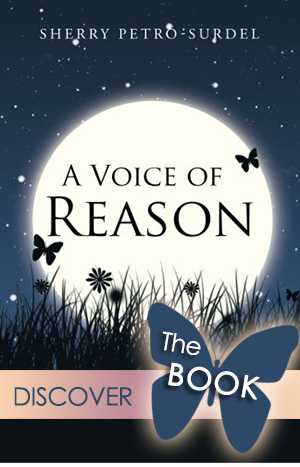Trouble is part of life for each and every one of us. Just as peanut butter is part of a peanut butter and jelly sandwich, trouble is part of the sandwich of life. It is something we have all experienced at one time or another. There are trouble makers and there are troubleshooters. There are also those that are always looking for trouble. Usually when we hear the word trouble, we think of a problem.
There are problem finders and there are problem solvers. Then there are the problem makers. There are also people who help when there are problems or difficulties. These are the people you can count on to be the bridges over troubled water. There are those who leave us when there are difficulties or problems and there are those who create trouble and put us into difficult situations.
This post includes information that will help all of us be problem solvers, the one who is a help to others in times of trouble. We can all be a bridge over troubled water and it is good to remember that there are times in our lives when we need a bridge to cross over troubled water. I doubt there is anyone who has not felt weary and small at some point. We can experience situations when even the best of friends and the sincerest words just are not enough to provide comfort. It is during these times that we need to find the comfort, peace and wisdom that is deep within our own being.
Every experience we have, each and every day is an opportunity for us to show up better. The bridge not only carries us to safety but also to higher ground. To employ our gifts for higher purpose we must first make the choice to be troubleshooters, not problem makers. We all have the ability to be a trouble maker, one who creates problems or we can be the one who helps when problems are encountered. We all have within us an Eeyore (from Winnie the Pooh). He is the gray donkey with his tail tacked on by a nail. Maybe the nail is what causes him to have a pain in the ass. Certainly a nail in the behind could cause one to be grumpy, gloomy and have a depressed outlook on life. This attitude can lead to being a problem finder.
Albert Einstein, one of the great problem solvers said, “We cannot solve a problem with the same mindset that created it.” We must shift our mind from the problem to the solution.
Do you remember the character Glum from the tales of Gulliver’s Travels? He is the one who said, “It will never work. We are doomed. We will never make it; it is hopeless.” We all have a Glum inside us also. Glum reminds us of all the impossibilities, not the possibilities. How about the Grinch, who just could not stand to see people happy? He was a trouble maker. It is not a good idea to spend time around the Eeyores, Glums and Grinches of the world because it will either bring us down or we will become like them.
We know that problem solvers see problems as opportunities. Research seems to suggest that people who choose to be solution oriented have less drama and they create less drama in their lives.
Michelle Roya Rad shared 10 Characteristics of Good Problem Solvers on the Huffington Post blog on 4/11/2015. I will share those with some added commentary:
- Good problem solvers give up the need to be right – they focus on finding the best solution rather than wanting to prove they are right. It is a principle to follow to eliminate emotional suffering.
- Good problem solvers go beyond their fixed mindset – they are open minded and can explore options to find a solution.
- Good problem solvers look for the opportunity within the problem – they turn obstacles into opportunities.
- Good problem solvers understand the difference between complex and simple thinking – they know when a problem needs to be systematically looked at and when to go through short cuts for a quick and easy solution. In other words, they do not get bogged down in the minutia of something that does not take them to the solution.
- Good problem solvers have clear definitions of the identified problem – this is the first step in creating a S.M.A.R.T. plan for setting objectives. (SMART is a mnemonic acronym representing a plan that is specific, measureable, achievable, relevant and time-based.)
- Good problem solvers know how to use their words to connect with people.
- Good problem solvers do not create problems for others.
- Good problem solvers do prevention more than intervention.
- Good problem solvers explore their options – they can see more than one solution and they create back-up plans.
- Good problem solvers have reasonable expectations – there is an acceptance that there are many variables that can affect the outcome.
In the end, good problem solvers do not have too many irrational fears that could get in the way of logic and intuition. Since there will always be problems in life, it is important for our spiritual and physical well-being to develop good problem solving skills.
Let’s continue to build on your spiritual and physical well-being. Contact our office to schedule your coaching sessions. Let’s see what is best for you. http://avoiceofreasonbook.com/life-coaching/



